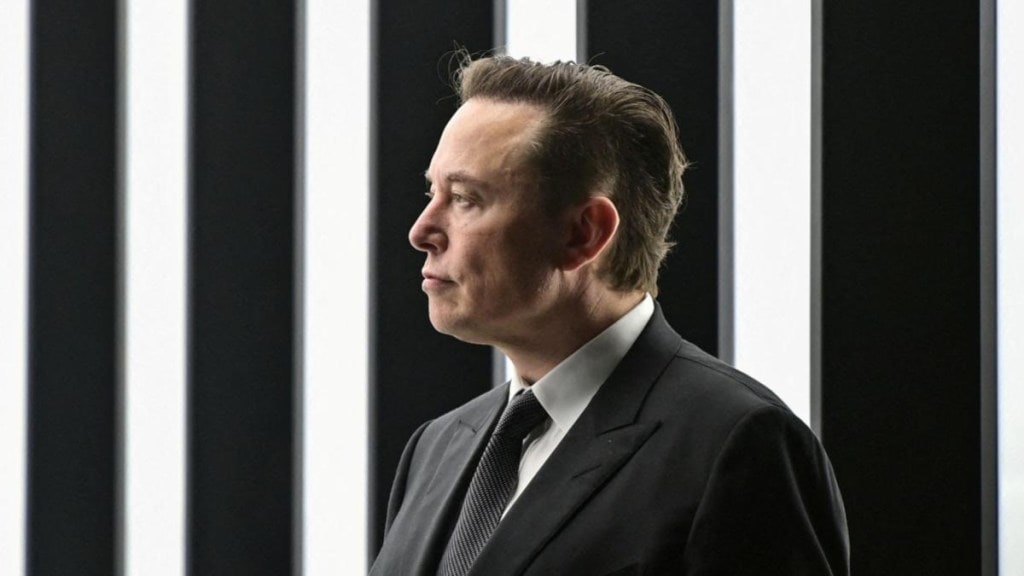Elon Musk may famously refuse a salary, but his newly approved compensation plan is anything but modest. Tesla shareholders on Thursday approved CEO Musk’s $1 trillion pay package, easing concerns that he might exit the company if the proposal failed. With more than 75% of shares voting in favour, the approval marks the largest potential corporate payout in history.
The package is structured as a massive stock grant. To unlock the full value, Tesla would need to soar to $8.5 trillion market capitalisation, a milestone that would turn the grant into roughly $1 trillion.
On top of that, the company must clear a series of operational and financial hurdles, with the shares released in 12 equal tranches only as each target is hit. Should Musk manage to collect every tranche over the 10-year period, the numbers become almost surreal as the payout would average about $275 million per day.
Conditions to be met for $1 trillion pay package
According to reports, Musk must meet five key targets over the next decade to unlock the full package. These include raising Tesla’s market capitalisation from $1.5 trillion to $8.5 trillion, deploying 1 million robotaxis, selling 12 million additional vehicles, securing 10 million Full Self-Driving (FSD) subscriptions and selling 1 million humanoid robots.
For Tesla to hit the $8.5 trillion valuation required, its stock would have to surge over 460% from where it trades today. That target would also put Tesla roughly 70% above Nvidia, currently the world’s most valuable company after touching a record $5 trillion market cap last week.
Voices of dissent
Addressing shareholders in Austin, Texas, Musk framed the approval as a pivotal moment for the company. “What we are about to embark upon is not merely a new chapter of the future of Tesla, but a whole new book,” he said. He added that Tesla’s shareholder meetings stand apart in their energy and ambition.
The vote did face significant dissent. Norges Bank Investment Management, the steward of Norway’s sovereign wealth fund and one of Tesla’s largest shareholders, opposed the proposal. Other major institutions, including the American Federation of Teachers, Institutional Shareholder Services (ISS) and Glass Lewis, also voted against the package.

